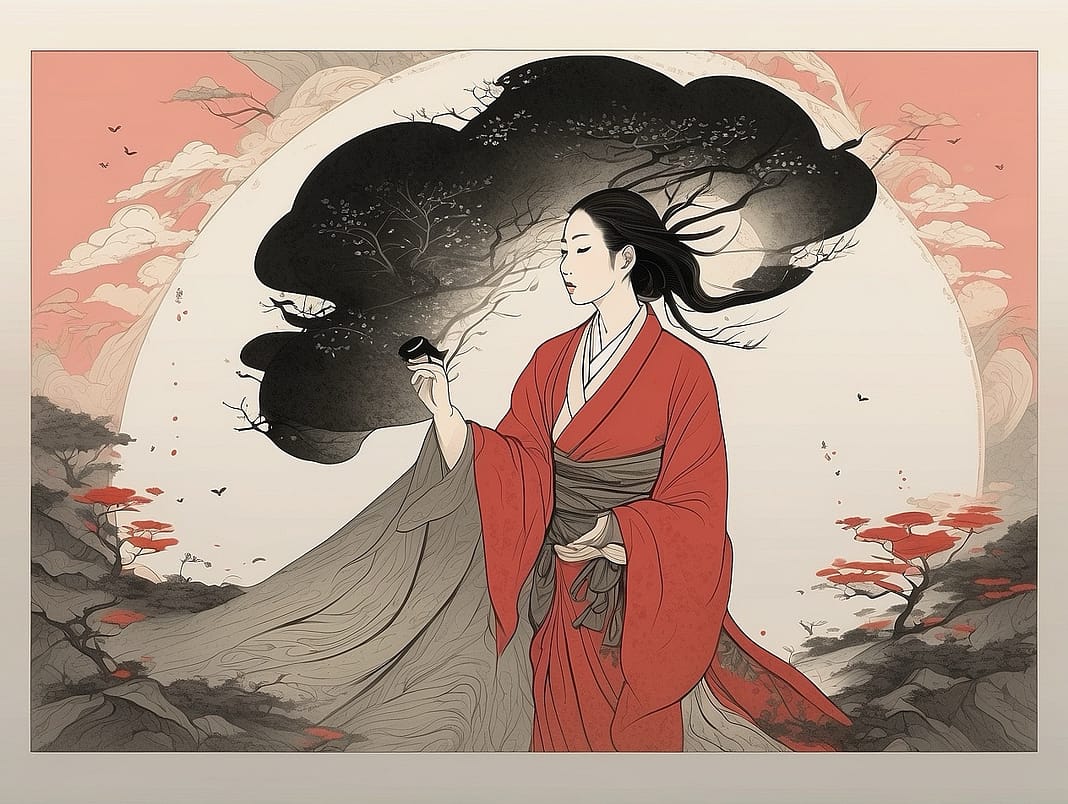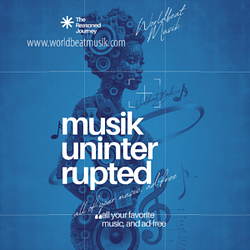There are moments in life when the ground beneath us shifts so violently, we are certain that nothing good can grow again. Moments when the weight of existence presses so firmly into our bones, we wonder how much more we can carry. But still, we rise each day, breathe deeply, and keep moving forward. We do this because there is something within us that whispers: “It cannot be helped.”
In the quiet corners of our hearts, we have all heard it, haven’t we? That voice—the one that tells us we are not meant to wrestle against the immovable. In Japan, they have a word for it, an offering of wisdom passed through generations: Shikata ga nai. It means, simply, “It cannot be helped.” But these words carry so much more than mere resignation; they are a reminder to bow to the forces beyond our control, not as a surrender, but as an act of grace.
A Grace Forged in Suffering
History tells stories of people who carried this phrase as both shield and sword. Japanese-Americans, confined behind barbed wire during the shameful internment camps of World War II, held tight to Shikata ga nai as they endured the humiliation, the theft of their dignity. They were told to stand and smile while their homes, their livelihoods, and their identities were stripped away, and still, they whispered, Shikata ga nai.
There is a power in these words that goes beyond passive acceptance—it is the power of survival, a resolve that bends but does not break. This isn’t the helplessness of those who’ve given up. No. It’s a resilient surrender, knowing that there are battles not worth fighting, that there is a certain dignity in simply enduring.
And isn’t that the nature of so much of life? We are thrust into situations beyond our making—illness, death, injustice, the turning of the seasons. Some spend their days in bitter combat with these forces, shaking their fists at the heavens. But the wise know better. The wise know that, in the face of such inevitability, there is a beauty in bowing our heads, not in defeat, but in reverence to something larger than ourselves.
An Echo Through Cultures and Time
We are not alone in this acceptance. Shikata ga nai is but one voice in a universal choir, singing a song of surrender to the uncontrollable. In every corner of the world, you can hear it. In the wind that sweeps across the deserts of the Middle East, they say maktub—”It is written.” A simple phrase that carries with it the weight of destiny, the belief that all is preordained, that our hands are guided by forces unseen, and our feet walk a path already etched into the fabric of time.
Across the waters, in Spain, you hear mothers croon to their children, Qué será, será—”Whatever will be, will be.” A lullaby, yes, but also a truth whispered down through generations, reminding us that no amount of worry or rage will change the course of what is to come. The future is unwritten in our hands but engraved somewhere far beyond our grasp.
In the homes of Russia, the words Nichego ne podelaesh slip between pursed lips—”Nothing can be done.” A phrase not so different, really. For in that admission, there is something raw, something almost sacred. It’s the acknowledgment that we are but specks on the canvas of eternity, unable to shape the storms that rise and fall, only able to endure them.
The Delicate Balance of Acceptance and Action
But here, we must pause. For there is danger, too, in too much acceptance. There are those who, in the name of Shikata ga nai, stay silent when they should speak. Those who bow their heads not in grace, but in fear. We must be careful not to confuse the wisdom of knowing when to let go with the cowardice of not acting when we can.
The philosopher whispers that there is a time to fight, and a time to fold our hands in our laps and let the tide carry us. The key is in knowing the difference. In Japan today, Shikata ga nai is both praised and questioned. Some argue that it holds people back, keeps them from pushing for change in areas that desperately need it—whether it be the relentless corporate culture, gender inequality, or environmental degradation. And yet, others will say that without Shikata ga nai, there would be no peace, no social harmony, only chaos as everyone fights battles they cannot win.
We see this in the silent endurance of workers in Tokyo, crammed into packed trains, stoic as they are jostled and pressed against strangers. We see it in the resilience of a mother in New York, clutching her child as she battles eviction and systemic injustices, somehow still finding a way to rise. This acceptance, this graceful endurance, is not weakness—it is strength of the most profound kind.
A Poetic Resistance to Fate
But we are, after all, human. We yearn for control, for agency. There is something within us that resists the notion that we are powerless, that some things are simply inevitable. This tension between acceptance and action is woven through all of human existence. Even as we say “Let it be,” we fight, don’t we? There is always that part of us that believes—just maybe—things could be different if we tried harder, pushed further.
Perhaps, then, the truth lies in the balance. Perhaps Shikata ga nai is not about never pushing back, but about knowing when to stop fighting against the storm and let it carry us to calmer waters. It is an art, this acceptance. To yield without breaking. To submit without surrendering one’s spirit.
In the face of nature’s wrath, whether it be earthquakes shaking the ground beneath our feet or pandemics sweeping across the globe, we see it. When the world tells us that nothing can be done, we find ourselves both leaning into the wisdom of Shikata ga nai and, at times, pushing back with quiet rebellion.
For maybe, the true grace of this philosophy is that it holds space for both—a deep acceptance of what cannot be changed, paired with the fire of human will, constantly searching for what can.
So let us whisper Shikata ga nai when we must. Let us find peace in the truth that some things cannot be helped. But let us never stop asking, never stop wondering: Where can we bend the world to our will? Where can we rise, like unbroken reeds in the wind?
And where must we, with great dignity, let the current carry us?
Discover more from The Reasoned Journey
Subscribe to get the latest posts sent to your email.


